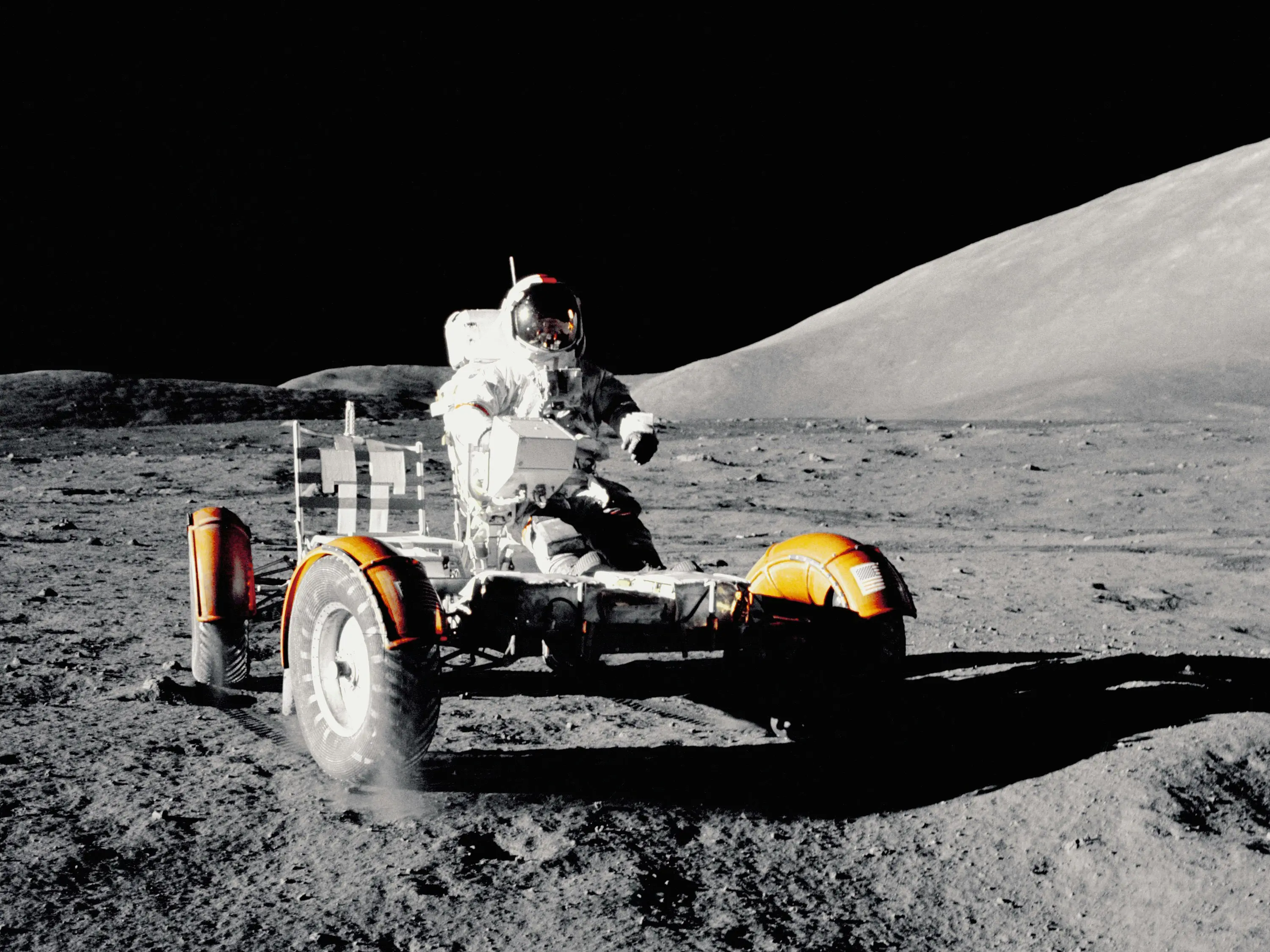Stuck In The Stars: The Mystery Of Marooned Rovers Unraveled

Space exploration has always been a challenging endeavor, with many hurdles to overcome. One persistent issue is the tendency for robotic space rovers to get stuck in extraterrestrial terrain. Thanks to a breakthrough by engineers at the University of Wisconsin-Madison (UW), we now have a clearer understanding of why this happens and how to prevent it.
For years, rovers like NASA’s Spirit and Opportunity have provided invaluable data from the Martian surface. However, one of the significant setbacks has been their tendency to get mired in the sandy and rocky landscapes of these alien worlds. The UW research team has delved into the underlying causes, offering insights that could shape the future of space exploration.
At the heart of the problem lies the interaction between the rover’s wheels and the terrain. The team discovered that traditional wheel designs often fail to adequately distribute weight, causing them to sink into soft soils. This phenomenon is exacerbated by the low-gravity environments on planets like Mars, where the gravitational force is significantly weaker than on Earth.
To tackle this issue, UW engineers embarked on a comprehensive study of rover locomotion. They employed a combination of advanced simulations and real-world testing to analyze how different wheel designs perform on various terrains. Their findings revealed that optimizing wheel shape and traction can dramatically improve a rover’s ability to traverse challenging surfaces without becoming immobilized.
One innovative solution proposed involves adjustable wheel configurations that can adapt to the specific demands of the terrain. By incorporating sensors and adaptive technology, future rovers could dynamically alter their wheel pressure and shape, allowing them to maintain momentum and avoid getting stuck.
The implications of this discovery are profound. Not only does it pave the way for more reliable and efficient rover missions, but it also opens up new possibilities for exploring previously inaccessible areas of planets and moons. By ensuring that rovers remain mobile, scientists can gather data from a wider range of environments, enhancing our understanding of the solar system.
As we look to the future of space exploration, innovations like these could be pivotal in overcoming the obstacles that have long plagued planetary missions. With the groundwork laid by UW engineers, the next generation of rovers might just be the most capable yet, ready to conquer the unexplored frontiers of space.